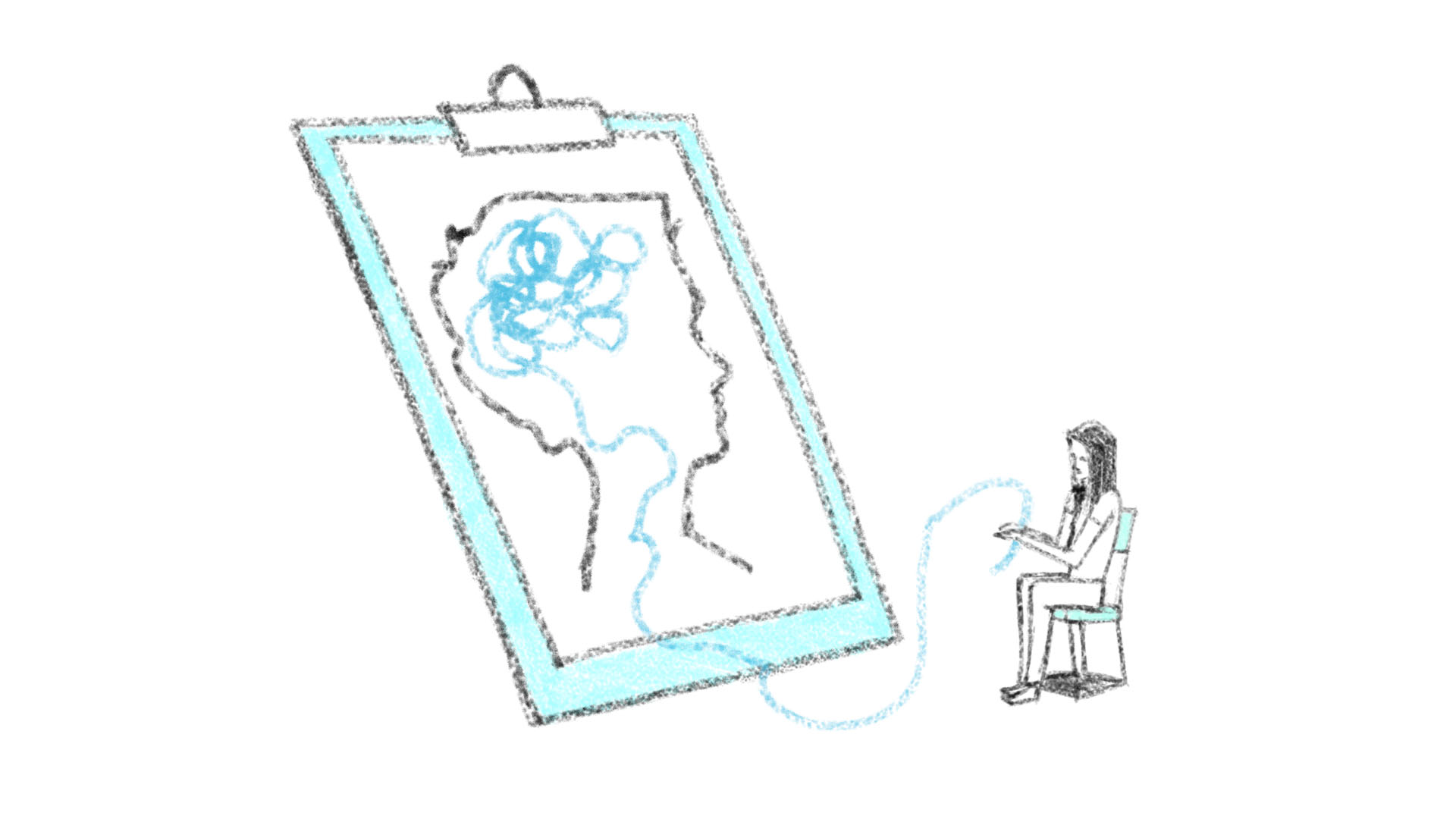We’ve all experienced moments when life feels like it’s at a standstill. Whether in the workplace or in our personal lives, feeling stuck can be incredibly frustrating and demoralizing. It’s like being trapped in quicksand: the harder you struggle, the deeper you seem to sink. But what does it mean to feel stuck, and more importantly, how can we cope with it and move forward?
Understanding the Feeling of Being Stuck
Feeling stuck is often characterized by a sense of inertia or being caught in a rut. It can manifest as boredom, frustration, or a lack of motivation, and can be accompanied by feelings of anxiety or helplessness. There are several reasons why we might feel this way:
- Lack of Direction: Not knowing what you want or where you’re headed can leave you feeling aimless and discontent.
- Fear of Failure: The fear of making the wrong decision can lead to inaction and stagnation.
- Burnout: Prolonged stress or overwork can lead to exhaustion and a lack of enthusiasm, making it hard to see a way forward.
- External Circumstances: Sometimes, we feel stuck because of things outside our control, like economic conditions, organizational changes, or personal responsibilities.
Understanding why you feel stuck is the first step toward getting unstuck. Once you have a clearer picture of the root cause, you can begin to take action to address it.
Coping Strategies: What to Do When You Feel Stuck
- Acknowledge Your Feelings: The first step in coping with feeling stuck is to acknowledge your feelings. Avoiding or denying them will only make them more powerful. Take a moment to sit with your emotions and understand what they’re telling you. Are you bored, overwhelmed, or scared? Identifying your feelings can provide valuable insight into what needs to change.
- Reevaluate Your Goals: Sometimes, feeling stuck is a sign that it’s time to reevaluate your goals. Are you pursuing something that no longer aligns with your values or interests? Take some time to reflect on what you truly want. It might help to write down your thoughts or talk to someone you trust about your aspirations.
- Break It Down: Feeling overwhelmed by the magnitude of a problem can lead to paralysis. To cope with this, break down your goals into smaller, more manageable steps. Instead of focusing on the end result, concentrate on what you can do today to move a little closer to your objective. This approach can help reduce anxiety and make progress feel more attainable.
- Seek New Perspectives: Sometimes, all it takes to get unstuck is a fresh perspective. Talk to a mentor, colleague, or friend who can offer a different viewpoint or suggest new strategies. Books, podcasts, and online courses can also provide inspiration and new ideas. Remember, you don’t have to navigate this journey alone.
- Practice Self-Compassion: It’s easy to be hard on yourself when you feel stuck, but beating yourself up will only make things worse. Practice self-compassion by treating yourself with kindness and understanding. Acknowledge that everyone feels stuck at times and that it’s okay to not have everything figured out.
- Take a Break: Sometimes, the best thing you can do is to take a step back. If you’re feeling overwhelmed, give yourself permission to take a break. This could be a short walk, a day off, or even a vacation. Taking time away from your routine can provide the mental space you need to gain clarity and perspective.
- Create a Routine: If you’re feeling stuck because of a lack of structure, creating a routine can help. A daily schedule can provide a sense of purpose and make it easier to take action. Even small routines, like a morning walk or a regular check-in with a colleague, can provide a sense of stability and progress.
- Challenge Yourself: Sometimes, feeling stuck is a sign that you need a new challenge. Consider taking on a new project at work, learning a new skill, or pursuing a passion outside of work. Challenging yourself in new ways can reignite your passion and help you see things from a new perspective.
- Set Boundaries: If burnout or overwhelm is causing you to feel stuck, it might be time to set some boundaries. Learn to say no to things that don’t serve your goals or well-being, and prioritize activities that energize you. This might mean delegating tasks, turning off email after work hours, or making more time for rest and relaxation.
- Reflect and Adjust Regularly: Life is constantly changing, and so are we. Regularly reflect on your goals and your progress. Are you still moving in the direction you want to go? Is there something that needs to change? Adjusting your path as you go can help prevent the feeling of being stuck and keep you aligned with your evolving values and aspirations.
Moving Forward: The Path to Progress
Getting unstuck is rarely a quick or easy process. It requires patience, self-reflection, and a willingness to change. However, by taking small, deliberate steps and being kind to yourself along the way, you can begin to find your way forward.
Remember, feeling stuck is a natural part of life’s journey. It doesn’t mean you’re failing; it means you’re human. Use it as an opportunity to reassess, refocus, and reenergize. The path to progress is not always a straight line, but with persistence and resilience, you can navigate your way to a more fulfilling and purposeful life.
Take action today, even if it’s a small step. Progress is progress, no matter how slow. Keep moving, keep growing, and most importantly, keep believing in yourself. You’ve got this.

